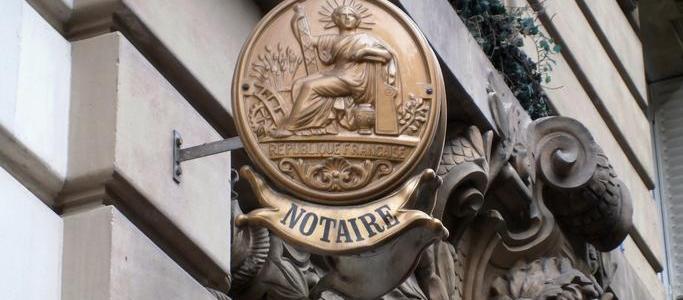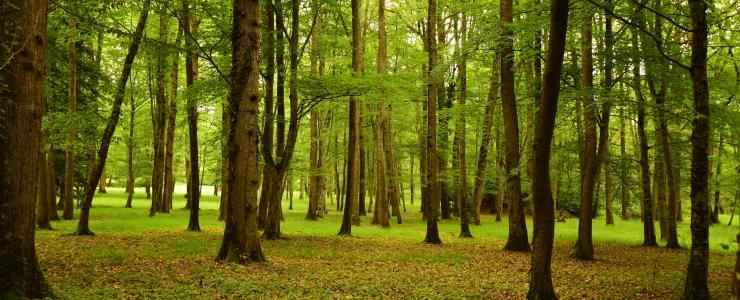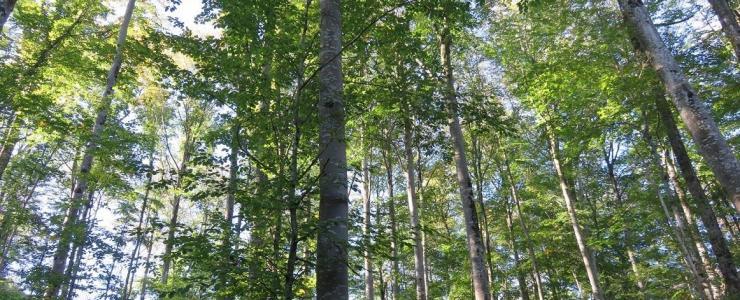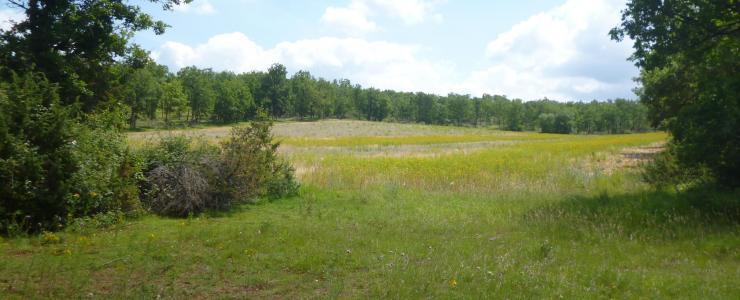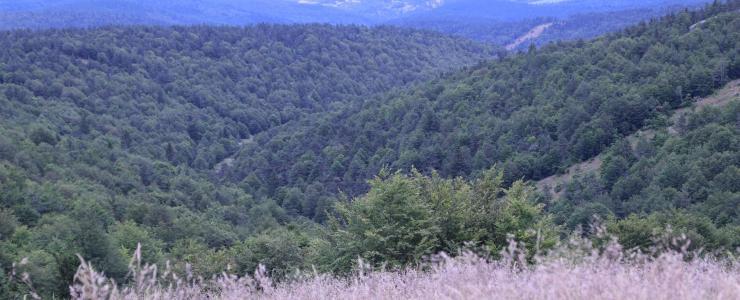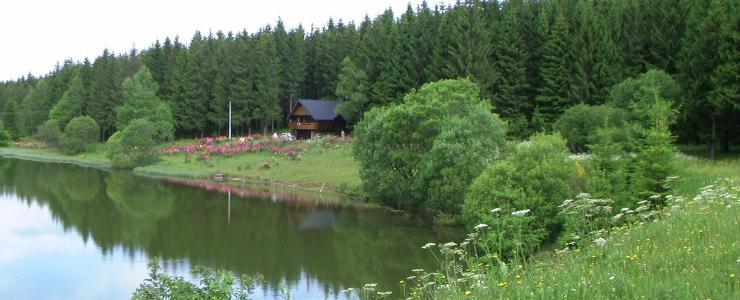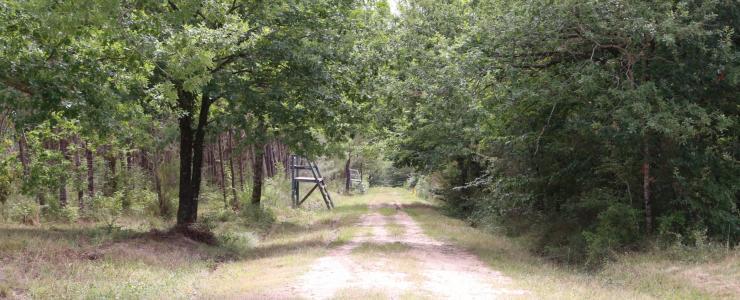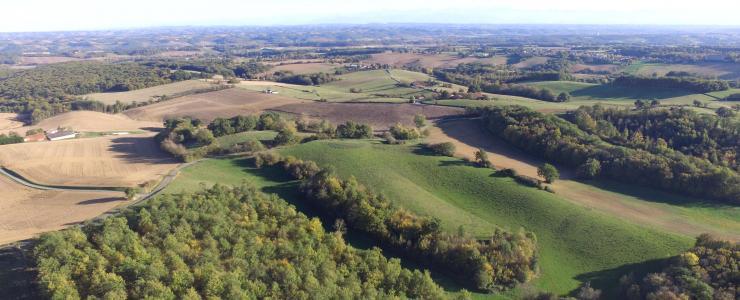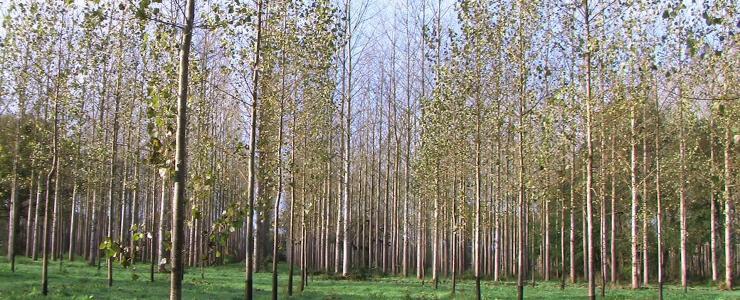Not a French resident? How will your acquisition be taxed?
Investors of any nationality are able to buy a forest estate in France. When defining the applicable fiscal regime, the key issue will be their place of tax residence.
The first thing to do is to find out whether there is a fiscal treaty between France, where their property is located, and the country of the investor’s tax residence.
The main aim of these bilateral treaties is to prevent double taxation, one of the main brakes on international investment.
While most of these treaties grant a competing interest between the country where the property is located and the investor’s country of residence for tax purposes, they also set out the terms preventing double taxation (e.g. deduction of the tax paid in the country where the property is located or allocation of tax credit in the country of residence).
Taxation when buying a forest property in France
You are liable for transfer tax when you acquire a forested property in France. This transfer tax is, subject to specific fiscal treaties, identical for residents and non-residents.
For a transfer of property against payment (sale), the transfer tax includes the duties payable to the state, the département and the municipality, at a rate of around 5.8%. On top of this, there is a Property Security Contribution (Contribution de Sécurité Immobilière) of 0.1% of the sales price, and finally the notary’s fees. Total fees come to between 7-10% of the sales price.
When it comes to free transfers (donations and inheritances), the transfer tax is calculated on the basis of two criteria: the value of the property transferred and the relationship between the donor and the beneficiary. Following the commitments entered into, wooded plots benefit from partial exemption up to 75% of the property’s value.
Taxation when owning a forest property in France
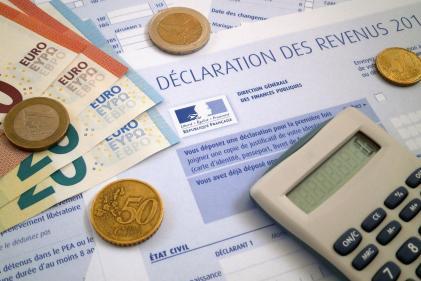 The income generated by the owner from a personal forest operation is seen as ‘profits from farming operations’ from a tax point of view. As such, it falls within the scope of application of the special regime applicable to forestry operations.
The income generated by the owner from a personal forest operation is seen as ‘profits from farming operations’ from a tax point of view. As such, it falls within the scope of application of the special regime applicable to forestry operations.
When calculating income tax, the statutory rules applicable to French residents apply, particularly with regard to the exemption for timber felling. Real estate income (leasing of hunting rights, etc.) and industrial and commercial profits (sale of processed products) are taxed according to a progressive scale. Nonetheless, taxation will not be lower than 20% of the net taxable income, except where it can be proven that the rate resulting from the French scale applied to all international earnings would be lower than 20%.
It should be noted that tax relief related to a forest acquisition, works, contracts and insurance, covered by the DEFI schemes, are only applicable to French tax residents, so do not apply to non-residents.
The rules on VAT (sales tax) are identical: VAT is thus mandatory (under the simplified agricultural regime) when the average earnings for two consecutive years exceeds €92,000.00.
If the forest owner does not exceed this threshold and has a SIRET business registration number, they may benefit from a flat-rate reimbursement of VAT, up to an amount equal to 4.43% of the amounts received.
Property tax is also collected under the same terms, and non-residents may benefit from the same temporary exemptions.
Wealth tax concerns natural persons with wealth exceeding an annually reviewed threshold (€1,300,000 on January 1st, 2017). Non-resident are subject to this tax for their assets in France, i.e. buildings and real estate rights, including forest properties, and shares in companies with their registered office outside France but with assets comprising more than 50% buildings or real estate rights located in France.
It should be noted that it is possible to benefit from partial exemption of 75% of the value of the forest properties when calculating the asset value, subject to the terms that apply for the exemption applicable on free transfers.
The wealth tax rate varies from 0.5-1.5% of the value exceeding the defined threshold.
The compulsory voluntary contribution (C.V.O) is payable by all forest owners, regardless of their place of residence.
Taxation on the sale/transfer of a property
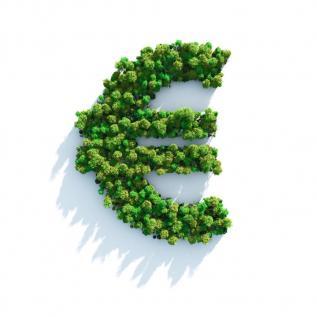 When selling a forest property in France, the seller may be subject to real estate capital gains earned on the sale, under the same conditions as a French resident.
When selling a forest property in France, the seller may be subject to real estate capital gains earned on the sale, under the same conditions as a French resident.
Here we should note that someone with a tax residence outside the European Economic Area (except Lichtenstein for which a tax representative is always required) must, in the event of a sale exceeding €150,000 where the property has been held for less than 30 years, appoint an approved tax representative for the declaration of the real estate capital gains.
Free transfers (donations and inheritances) are subject to the same conditions as described above.
To sum up, a foreign forest investor in France is, subject to specific fiscal treaties, treated in a similar way to an investor with their tax residence in France. The main difference is that non-residents are not eligible for the DEFI incentive schemes which include income tax relief.


